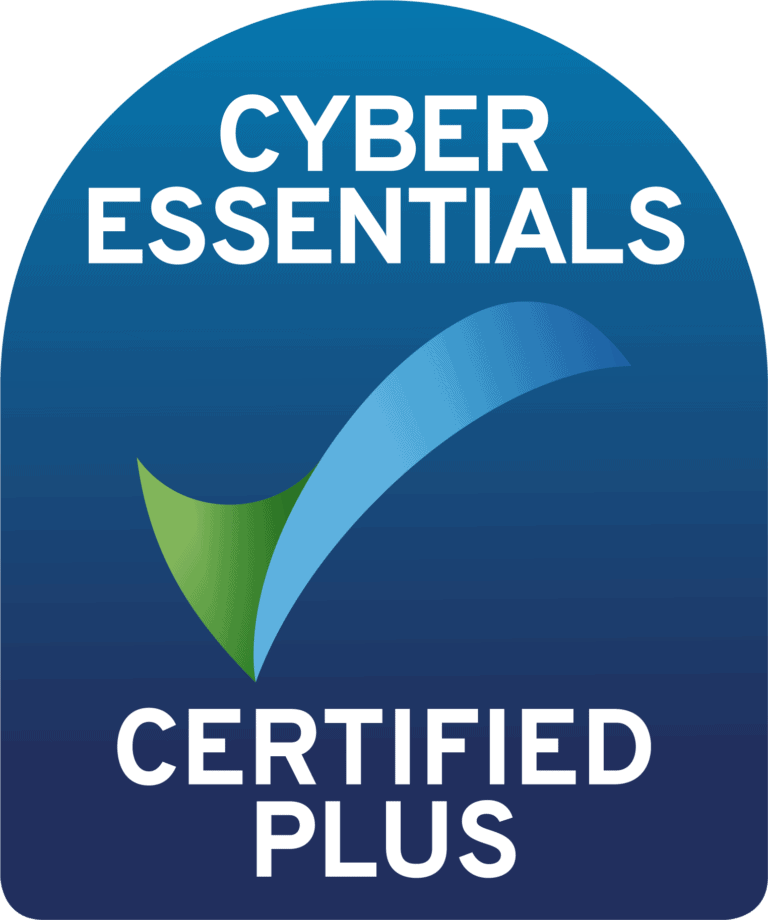
In the latest edition of our Unlocking Success series, we explore strategies to drive digital evolution within organizations by focusing on enhancing workforce skills and capabilities.
Give precedence to cultivating digital competencies to adapt, innovate, and enhance your brand's legacy. Acknowledging the indispensable nature of digital transformation for success, especially in the swiftly evolving landscape of artificial intelligence (AI), cloud computing, the internet of things (IoT), data analytics, devices, extended reality (XR), metaverse, and digital assets, can seem daunting. Yet, technology is only one facet of the challenge, with competitors and strategies rapidly emerging and evolving, changes in how and where we work, all compounded by a confounding economy.
In this context, the significant question emerges: How can you stay ahead of the curve? For many, an even more pressing question arises: How can you catch up?
A crucial aspect of the solution lies in focusing on the people side of transformation. Advancing digital transformation involves developing the workforce, fostering team growth, and facilitating individual development. The digital competencies and capabilities thus acquired empower continuous adaptation, evolution, maturation, and thriving, regardless of the challenges posed by the world or technology.
Establishing a Legacy of Learning
To drive change and establish a legacy of learning, leaders should adopt a holistic, community-centred approach to their workforce development strategy. This proactive approach encourages leaders to seek understanding before drawing conclusions, fostering flexible learning opportunities aligned with changing technology, the needs of the workforce, and organisational requirements.
Recognising the individualised nature of the learning process, leaders should embrace its non-linear, time-flexible, and adaptable characteristics. Leveraging guidance from others, incorporating rapid learning through experimentation, and acknowledging the need not just for learning but also for unlearning and relearning contribute to a comprehensive learning strategy.
When building a legacy of learning, consider:
- Creating and utilising social contracts in your work culture to promote learning, equality, inclusion, and opportunities for all. Encourage an environment where expectations on engagement, connection, and support in learning are clearly understood.
- Engaging in a foundation of awareness and change management that allows assessment, aligning efforts and resources, and effectively managing change.
- Adapting and personalising learning approaches for individuals on your teams. Offer a mix of traditional, in-person training with digital training, such as virtual reality experiences, and include hands-on experiences, apprenticeships, and rotations.
- Constructively challenging leaders, mentors, and coaches by framing communications with active listening, empathy, feedback, and negotiation skills to build rapport, trust, and mutual understanding.
- Embracing openness and community by engaging beyond the traditional boundaries of the organisation, fostering learning, growth, talent discovery, and mutual support.
Workforce Development Techniques: Learning Versus Training
Moving away from the expectation that individuals immediately apply new knowledge and skills after annual training classes, the focus is shifting toward learning as an ongoing process. Approaches such as continual learning, lifelong learning, the 60-year curriculum, and open-loop learning are gaining prominence.
Recognising that training is just a small piece of the puzzle, successful leaders understand that mastery requires immersion and practice outside the classroom. Learning should extend beyond training events, fostering ongoing, constructive conversations that support employees while aligning with their professional goals. Leaders can establish a foundation for continual learning by auditing current processes and challenges.
Tech as a Complement, not a Complication
Tools designed to simplify jobs, like AI and VR, are still evolving, necessitating careful implementation, and learning along the way. Implementing technology to enable constructive learning requires ensuring that the tool aligns with the context. For instance, VR can enhance comfort and reduce anxiety during presentations. Integrating technology into the learning strategy is vital for leveraging its potential in advancing learning.
Elevating Business Through New Mindsets and Driving Digital Transformation
Shifting mindsets away from training events toward supporting ongoing learning processes is crucial. Leadership can lead by example, sharing their learning journey, allowing boldness in learning to unlock new skills and expand innovation capacity. Modelling behaviour, being vulnerable, and exposing gaps in knowledge foster a culture where flexibility and proactivity address gaps, find answers, and facilitate continuous learning.
The outcome?
A digital transformation that propels a more productive, adaptive, and forward-thinking workforce.
Finally
If you are looking for your next role or to employ new talent into your organisation, we can help.
For more information on how we can help you become or recruit the high-performing individuals you need, get in touch with us on 0870 042 1430 or email us here.
Marta Ortigas is a Director at Malikshaw Interim & Executive, a leading interim management and executive search firm exclusively focused on helping organisations achieve transformational change through delivering high performance, diverse, impactful talent teams.
Transforming our client’s performance through exceptional talent…
+44 7715 905810






